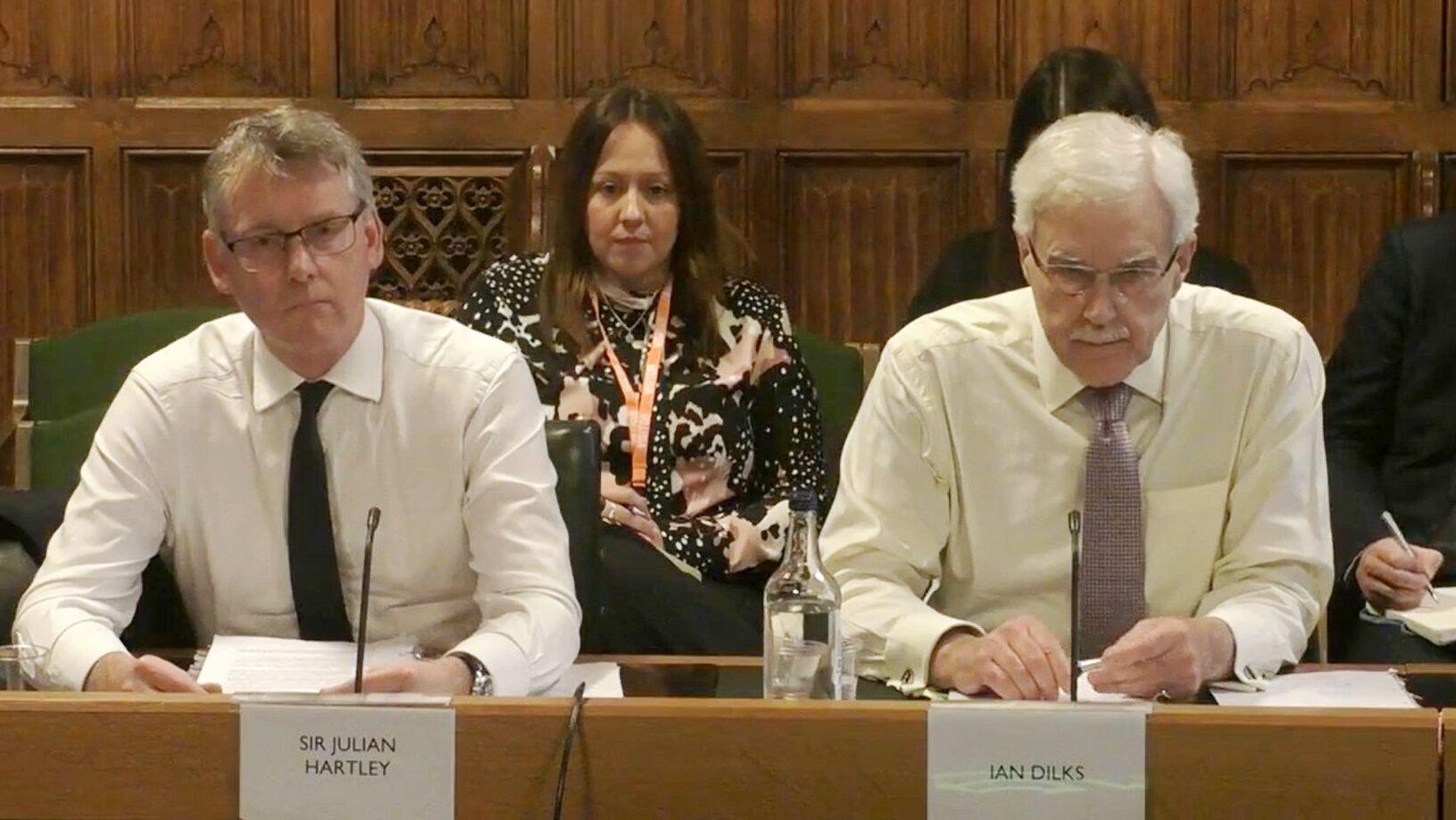Victimisation – how MiP helps managers fight back
MiP always supports managers who are victimised by their employers. One senior manager talks about how the union helped to protect her from being made a scapegoat for leadership failures at her trust.

Bullying and victimisation often result from employers looking for quick fixes and legalistic solutions instead of tackling the root causes of problems in the workplace. In the NHS, this can lead to individual managers being scapegoated when things go wrong.
Just weeks after joining the board of a large acute trust on a short-term contract, Caroline (not her real name) was instructed to chair a disciplinary panel involving a senior member of staff. “My stomach did a bit of a flip because I knew none of the other staff wanted to touch it with a bargepole,” she recalls. “But it was made abundantly clear that I had no choice.”
Caroline was supported by an external HR adviser and insisted the adviser was present for every meeting, telephone discussion and conference call. “My sense from the beginning was that the trust and its lawyers wanted rid of the individual,” she explains. “I thought, it’s my head on the block, so I want someone purely objective to advise me.”
She adds: “Through every stage of the disciplinary process, the trust leant on me in various ways, some of them subliminal and some quite overt. The external lawyer was at every point trying to instruct me what to do, which made for quite a difficult relationship.”
Caroline concluded there wasn’t enough evidence for dismissal and recommended a final written warning. But to her surprise, the outcome letter drafted by the trust’s solicitors pointed to the opposite conclusion. “The language was aggressive, the tone was wrong. There was hardly a sentence that was a fair reflection of my view coming out of the hearing,” she explains.
Despite “a constant barrage of pressure”, Caroline insisted on drafting and issuing her own outcome letter, with advice from her independent adviser, ACAS and an independent employment lawyer. She also raised concerns about the process with the chief executive and NHS Improvement.
Shortly afterwards, the trust instructed another law firm to investigate Caroline’s “competence” as a director and the “validity” of her complaints about the process.
“By that point I wasn’t eating, I wasn’t sleeping,” Caroline recalls. “I went to the doctor and he said, ‘I’ll sign you off work and you don’t ever walk back into that building again.’” Shortly afterwards, with a month left on her contract, Caroline resigned and contacted MiP national officer Jo Spear. Jo took over dealing with the trust and obtained advice from the union’s lawyers, Thompsons Solicitors.
“Every single exchange I had with the trust was vetted by MiP and Thompsons, which gave me a huge amount of security and confidence,” says Caroline.
The individual at the centre of the disciplinary case then filed a tribunal case, making personal claims against Caroline. The trust’s solicitors threatened to run a “cut-throat” defence – essentially to concede the case but shift the blame onto Caroline personally – if she didn’t back their version of events when questioned.
“It was the most Machiavellian situation I’ve come across in more than ten years working for MiP. I was speechless,” says Jo.
After lengthy negotiations, the trust’s solicitors agreed to represent Caroline, but to stand aside in favour of Thompsons if they judged she had become a hostile witness. “This was a big win for us,” says Jo. “It’s was subtle change, but very important.”
The tribunal case against Caroline was dropped before the hearing took place, while the trust’s internal review offered no criticism of Caroline and recommended that the trust accept her findings in the disciplinary case.
Ultimately, Jo says Caroline was the victim of poor leadership and the trust’s failure to deal with the long-standing issues behind the disciplinary case. “They didn’t have the backbone to deal with it themselves. I’m absolutely convinced Caroline was brought in to give a veneer of independence to the process, and to be the fall guy for the tribunal case that would inevitably follow.”
Caroline now works as a consultant and, partly as a result of her experience, is retraining as a psychotherapist with particular interest in workplace bullying. “What strikes me now is the degree of deliberate manipulation, isolation and control the trust management sought over me,” she says. “We hear about these situations in other relationships; I never expected to be talking about it in a healthcare management context.”
Craig Ryan is a freelance writer and editor of MiP’s Healthcare Manager magazine.
Related News
-

Regulating the managers: more questions than answers
The Labour government’s plans for regulating NHS managers are still shrouded in mystery, and the three options on the table each have their pros and cons. Rhys McKenzie weighs up the choices and gauges the views of MiP members on the best way forward.
-

The inspector falls: why the CQC needs a fresh start
After years of chaos, the Care Quality Commission urgently needs to rebuild trust and credibility with the public and the services it regulates. What needs to change and what are the priorities for new boss Sir Julian Hartley? Alison Moore reports.
-

Voice, value and vision: what analysts need from the NHS
Data analysts play a vital role in an NHS which is increasingly data-driven and focused on public health trends. But the NHS faces fierce competition for skilled analysts and many feel the health service fails to value them or fully use their talents. Alison Moore reports.